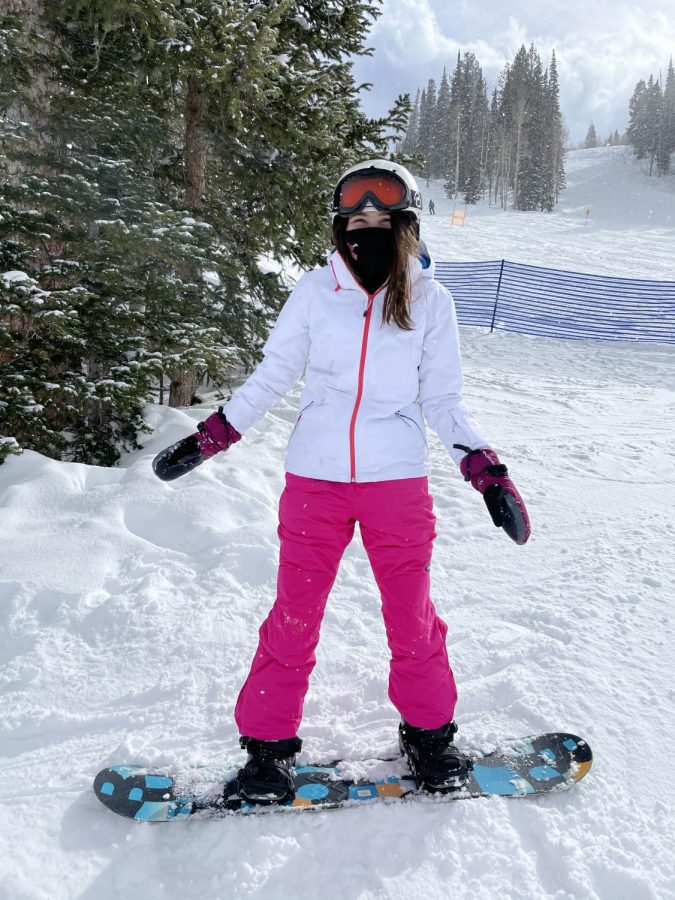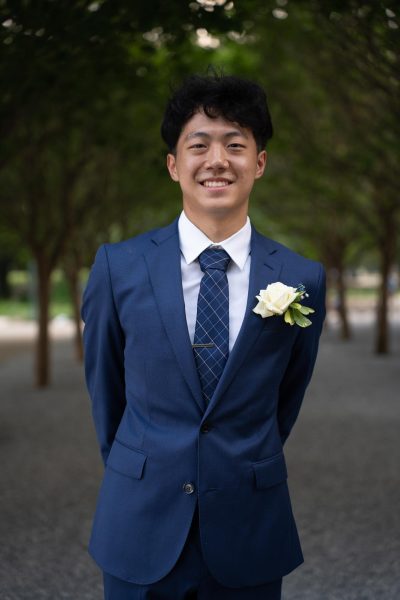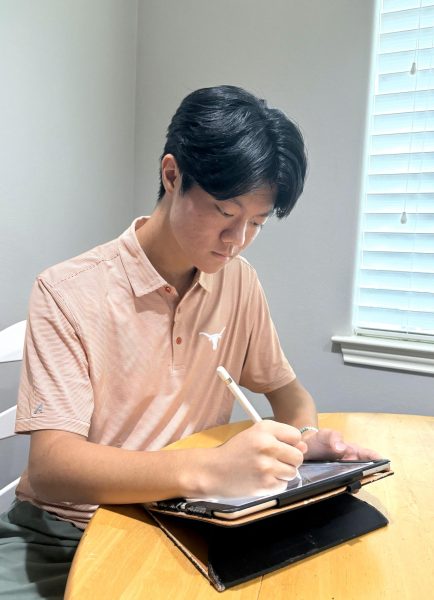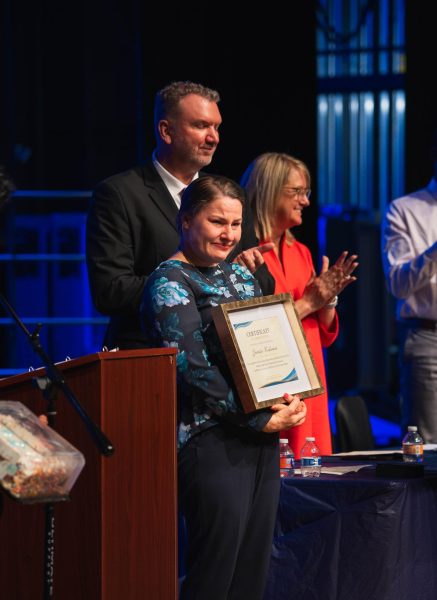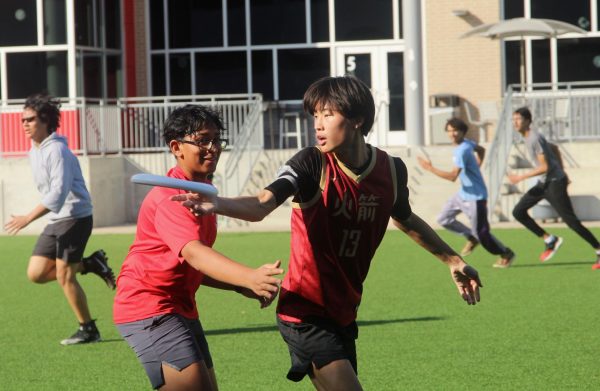Jumping past junior year
Seniors share their transition from underclassmen to upperclassmen
Photo provided by Maggie Schwierking
Maggie Schwierking after her first snowboarding lesson in Solitude, Utah on Feb. 24 2021. Schwierking had wanted to try something new like snowboarding after lots of experience with skiing.
It looks like her AP U.S. History test will have to wait until the end of the week since there’s no service in the middle of the mountains.
In February 2021, senior Maggie Schwierking traveled through the northern United States with her family. Schwierking could travel without having to miss school since classes were online.
“My family and I took a month-long road trip through Utah during school time, so that was really nice to be able to see the country a little bit even though I’m still in school,” Schwierking said.
The COVID-19 pandemic impacted seniors starting from the end of their sophomore year to the start of senior year. Seniors have had to make the jump from sophomore to senior year as COVID-19 reduced their junior year to virtual learning through computer screens.
“I definitely understood why, so I wasn’t as devastated,” Schwierking said. “It was definitely a big learning curve in transitioning. After I got used to it, I didn’t really mind online learning, I kind of missed in-person school of course, but in some ways it was nice because I got to stay home when we had to go to school.”
Senior Nolan Droste liked that virtual learning gave him more free time to think about his plans after high school.
“It gave me a lot of time to think about how I’m gonna approach college and it gave me extra time to study for the SAT which was nice that I probably wouldn’t have had if I had regular activities in school,” Droste said.
Disconnected despite virtual connections
Seniors missed out on important aspects of junior year such as forming connections with teachers due to distance learning.
“I definitely missed actually seeing my teachers,” Schwierking said. “I think especially for seniors it was really hard because you’re supposed to get college recommendation letters, and they expect that from junior year teachers, but we never really interacted with our teachers that much, so it’s definitely a big impediment there.”
Senior Ashley Muniz disliked how online learning limited the interactions with her friends and teachers.
“I really didn’t like that I couldn’t see people in person,” Muniz said. “That kind of disconnected me from a lot of my friends and teachers. “I really wish that we could have had, you know, more interaction and connection with people.”
Drawbacks of virtual learning
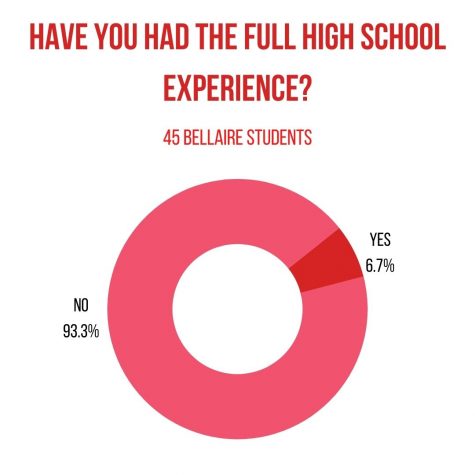
Virtual learning also imposed challenges that senior Jesse Zheng had to overcome throughout the year.
“It was hard to focus,” Zheng said. “Also, you just felt lazy so your drive, your mental state was just not there and ready to learn.”
Muniz found it difficult as an officer for Choir to develop the family environment and share the entirety of choir with new members last year because of virtual learning.
“Not having both in class and out of class events like rehearsal and stuff was really hard on making friends and developing that kind of family environment that we have in choir,” Muniz said. “Not being able to enjoy, really the entirety of being in choir was very sad. But I think this year it’s going to be a lot better being able to see everybody in person, so I’m looking forward to that.”
Growing during a pandemic
Despite the challenges COVID-19 has brought, senior Annie Lin said that the pandemic has helped change her as a person.
“It made me more motivated,” Lin said. “At first I wanted to always sleep in and stuff but then I kind of became more motivated and made a schedule every day and started waking up early and doing productive things.”
Muniz says she’s grown a lot since going into the pandemic and in the best ways possible.
“I learned to be very independent,” Muniz said. “Being at home isolated, I was kind of forced into that and learning how to be disciplined.”
Over the past two years, Schwierking’s views on high school have changed from when she was a sophomore to a senior.
“I kind of thought high school was like a big determining factor of, like, ‘Oh, you’re gonna be successful, you’re not gonna be successful depending on how you do in high school’, but not anymore,” Schwierking said. “I feel now, high school isn’t really as important to me because it’s just four years of your life, and you’re going to get through them, you’re going to continue life, whatever you do, whether high school is bad for you or good for you, life will continue.”
Lin believes that everything happens for a reason and knows things will turn out good.
“I think that everything that’s happened is purposeful and meaningful,” Lin said. “It’s part of who I’ve become today, and even though I’ve made mistakes before I think they’ve taught me how to become a better person, and I think everything in the end turns out fine.”
Your donation will support the student journalists of Bellaire High School. Your contribution will allow us to purchase equipment and cover our annual website hosting costs.


